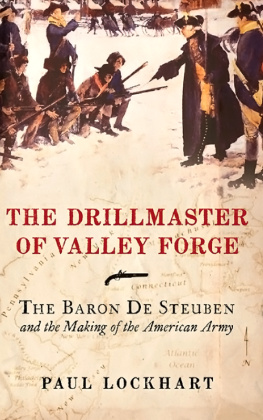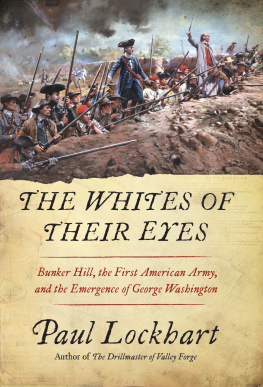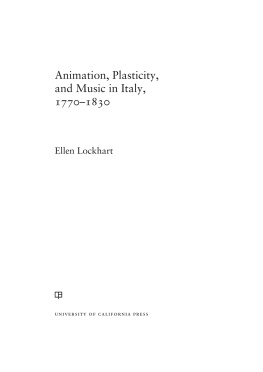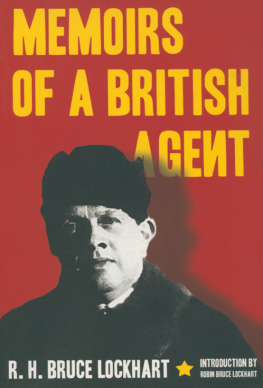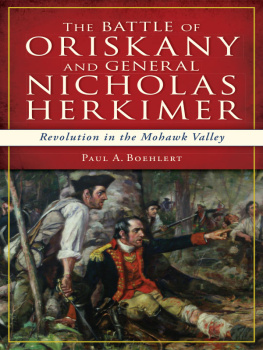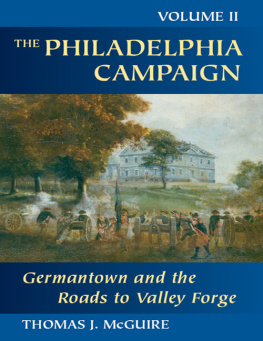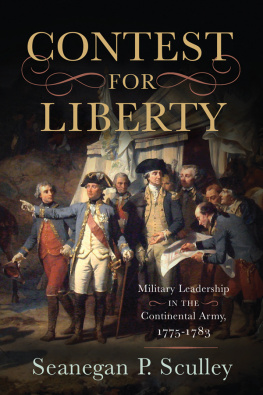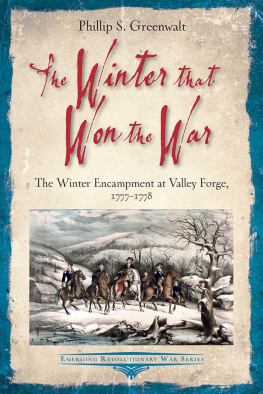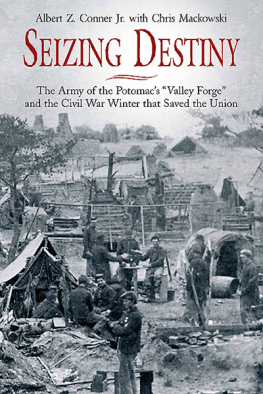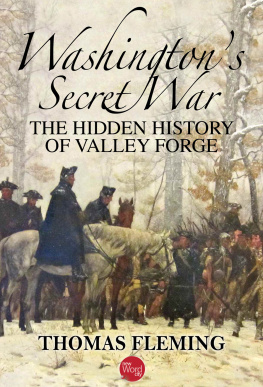[173063]
If there is a war, I promise you, at the end of the second campaign, that your friend will either be in Hades, or at the head of a regiment.
S TEUBEN TO C OUNT H ENKEL VON D ONNERSMARK ,
J UNE 4, 1754
I N THE MAJESTIC but stark interior of Magdeburgs Reformed Church, one-week-old Friedrich Wilhelm Ludolf Gerhard Augustin von Steuben was christened on September 24, 1730. It was a simple ceremonyeverything the Calvinists did in church was simple, stripped of pompbut it was noteworthy for reasons other than its liturgical plainness. Two of the men surrounding the preacher at the carved stone baptismal font that stood before the nearly bare altar wore the uniform of the Royal Prussian Armyhardly unusual, since Magdeburg was a garrison town, one of the largest in this part of the kingdom of Prussia. Yet these were distinguished soldiers with considerable social ties. The babys given name reflected the exalted station and honorable life into which he had been born. He was named after his godfathers: Ludolf von Lderitz, royal forester in Magdeburg; Gerhard Cornelius von Walrave, colonel of artillery, a Catholic of Dutch birth who would shortly become the highest-ranking engineer officer in the entire army; and Augustin von Steuben, the infants paternal grandfather and patriarch of the Steuben clan, a prominent theologian.
These three men, and two noblewomen, stood close to young Friedrichs parents, who had been married only one year before, in this same church. The fourth godfather, however, was noticeable primarily by his absence. No one expected that this final sponsor would actually show up for something so mundane as a baptism. He didnt have to. Just the fact that he had agreed to list himself as a godfather, and to allow the boy to be named after him, spoke volumes about the ranking of the Steuben family.
That man was Friedrich Wilhelm I, king in Prussia, the living head of the Hohenzollern dynasty. Friedrich Wilhelmwho loved his army more than he loved his own children, more than anything other than his serious and vengeful Godwould not have agreed to stand in as godfather to just anyone . His doing so for this baby that day showed that the Steuben family was high in his favor, that Friedrichs father was on his way up in the world, and that baby Friedrich would not have an ordinary life. Should he survive into manhood, he would grow up to be a soldier, too, and great things would be expected of him. What no one present that day could have anticipated was that Friedrich von Steuben would win his fame not on the battlefields of central Europe, but in distant America.
F RIEDRICH VON S TEUBEN WAS , and is, frequently described as German or, more specifically, Prussian. He was both and neither, though he rarely was so specific in identifying his homeland. Steuben proudly acknowledged his service in the Prussian army, which began early in his life, but he always referred to his origins, his family, and his pretended landownership as European. This lack of affinity to a particular place might appear odd to modern minds, but it made perfect sense to Steuben. It reflected the political realities of eighteenth-century Germany and the peculiar circumstances of Steubens life in Europe.
Germany per se did not exist before Otto von Bismarck created it with blood and iron in 1871, and in Steubens time the word was a mere geographical expression, referring to the German-speaking lands of the old Holy Roman Empire. Before Napolon Bonaparte forced its dissolution at bayonet point in 1806, the Empire was a strange conglomeration of some three hundred quasi-independent territorial states. These states varied dramatically in size, power, and prestige, and were ruled by an equally wide variety of titled nobleselectors, princes, dukes, counts, margraves, landgraves, and so forth. At their head stood the emperor, an elected sovereign, and invariably a member of the ancient Habsburg dynasty. The emperor wielded little real power over the Empires constituent members; he was more akin to the president of a contentious federation. The individual German princes retained almost total authority over their respective subjects. They maintained their own armies, levied their own taxes, enforced their own laws, and minted their own coin. The princes obeyed the emperor when doing so suited their interests. By the time young Friedrich von Steuben reached adolescence, the princes of the Empire had polarized, coalescing around two rival power centers: to the south, Catholic Austria and the emperors court at Vienna; to the north, the upstart Protestant kingdom of Prussia.
Prussia was the great political and military success story of eighteenth-century Europe. In the previous century, as the Electorate of Brandenburg, it had been politically influential but poor and sparsely populated, cursed with some of the worst farmland in all Germany. The Thirty Years War of 1618 to 1648 had all but destroyed the impoverished territory, as marauding armies, economic distress, and plague laid waste to entire villages. In the second half of the seventeenth century, however, clever statecraft on the part of its rulersthe Hohenzollern dynasty, the very same family that would produce the German emperor Wilhelm II, the infamous Kaiser of First World War notorietyallowed Brandenburg not only to recover from the devastation wrought by the Thirty Years War but even to expand its territories and build up a respectable army.
In Steubens day, the Hohenzollern ruled over a scattered but vast collection of territories, stretching eastward from the Rhine valley to East Prussia. Now it was known as Brandenburg-Prussia, or simply Prussia. Its rulers proudly bore the title of king, a distinction unique among all of the German princes. The second king and Steubens godfather, Friedrich Wilhelm I (171340), single-handedly transformed Prussia into a major military power. Through scrimping and saving, Friedrich Wilhelm created a modern and very large armydisproportionately large, given the modest size of his subject population. Plain-living, coarse, and unimaginative, Friedrich Wilhelm shunned the refinements of fashionable French culture, but he made his beloved army the centerpiece of his regime. He attracted much international attention for his personal bodyguard, a regiment of giant grenadiers, each of whom exceeded six feet in height. Yet for all that, he was a peaceful ruler. His son and successor, Friedrich IIbetter known to posterity as Frederick the Greatwould not show the same restraint.
Prussias was a thoroughly militarized society, in which everything was geared toward the needs of the army. It was, in Mirabeaus biting words, an army with a country and not the other way around. Nearly 80 percent of the state budget was earmarked for the use of the army, which was the fourth largest in Europe, even though the kingdom ranked tenth in territorial size and thirteenth in population. All Prussian males, without exception, were registered for conscription at birth. Still, Prussian manpower was a precious national resource, so in order to spare the economy the loss of so much valuable labor, the Prussian kings relied heavily on foreign recruits to fill out the ranks of the army. Roughly two thirds of Prussian soldiers in the eighteenth century were foreigners.
It was on its officer corps that Prussia placed its heaviest demands. Officers were recruited almost exclusively from the lesser nobility, the Junker class. Military service was not required of the Junker, but it was
It was into this latter-day Sparta that Friedrich von Steuben was born on a Sunday evening, September 17, 1730. His lineage was distinguished but unremarkable, a typical Prussian military family of the Junker class. His grandfather, the theologian and Reformed preacher Augustin von Steuben, married Charlotte Dorothea von Effern, daughter of the Count of Effern and the Countess of Waldeck. Four of their sons pursued military careers. The youngest of these, Wilhelm August von Steuben, followed the conventional path to his Prussian officers commission. After a brief education at the university town of Halle, sixteen-year-old Wilhelm August entered Prussian military service as an officer-cadet ( Fahnenjunker ) in a cavalry regiment in 1715. His promotion through the ranks was slow but steady, typical for a man of his class. By the time of his marriage to a woman from a prominent Junker family, Maria Justina Dorothea von Jagow, in 1729, he had been promoted to lieutenant of engineers. Wilhelm August and Maria had been stationed at the bustling garrison town of Magdeburg only very briefly when their firstborn, Friedrich, came into the world.

